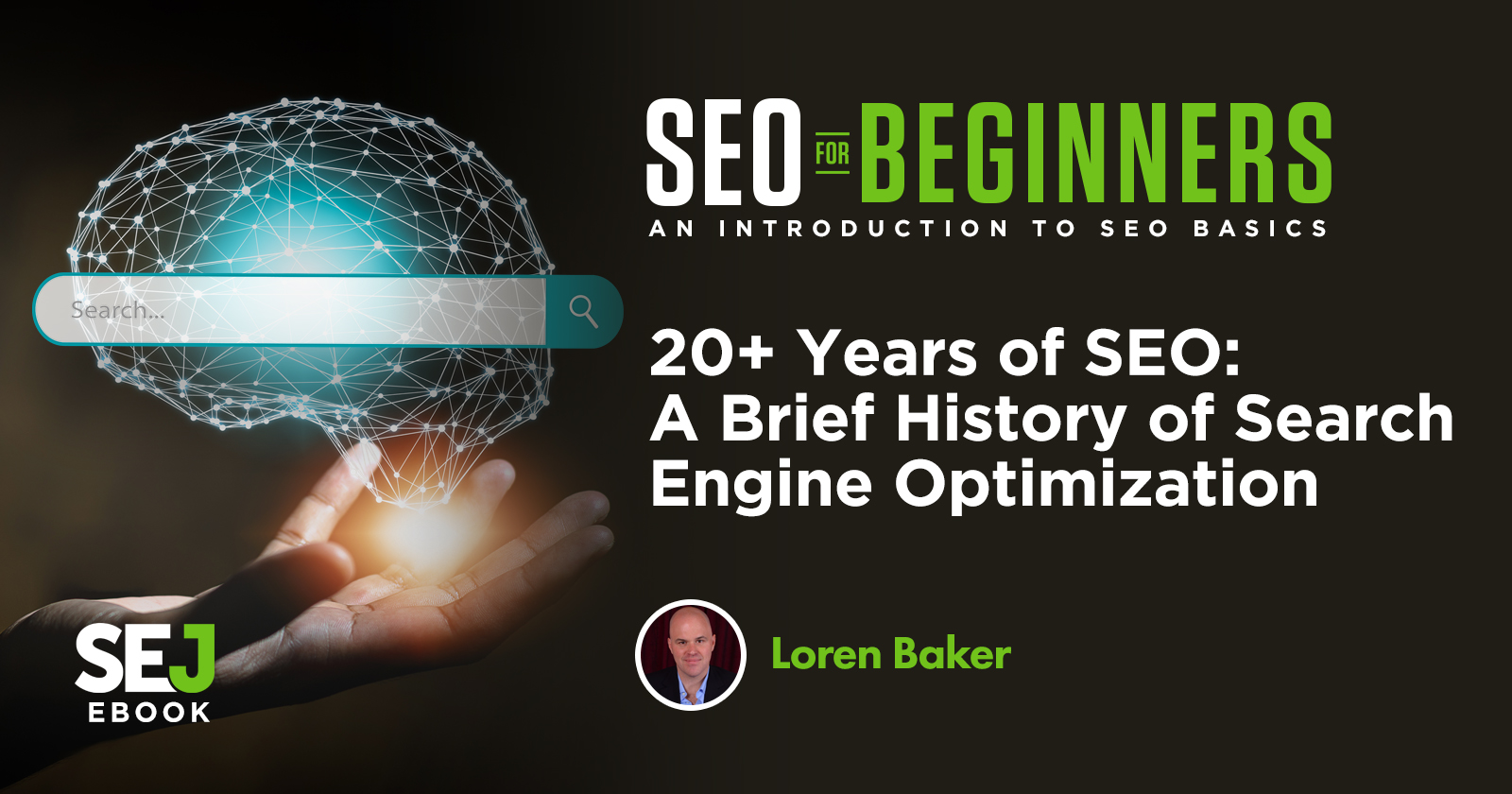The Evolution of Search Engines: From Web Directories to Intelligent Algorithms
The journey of search engines from simple web directories to sophisticated intelligent algorithms is a fascinating tale that has revolutionized how we access information on the internet. In the early days of the World Wide Web, search engines were primitive and primarily relied on human-edited web directories. These directories were essentially categorized lists of websites that were curated by individuals. Users navigated through these directories to find relevant websites.
However, as the internet grew exponentially, the limitations of web directories became apparent. The need for a more efficient and automated way to retrieve information from the vast sea of online content became evident. This marked the beginning of the era of search engines powered by algorithms.
The introduction of algorithms in search engines brought about a paradigm shift in how information was indexed and retrieved. Instead of relying solely on human curation, algorithms started to analyze the content of web pages, determining their relevance to user queries. One of the earliest milestones was the advent of PageRank by Google founders Larry Page and Sergey Brin. PageRank evaluated the importance of a webpage based on the number and quality of links pointing to it.
Over the years, search engines evolved to incorporate more complex algorithms, considering factors beyond just links. Machine learning and artificial intelligence played a crucial role in enhancing search engine capabilities. Google, for example, introduced the RankBrain algorithm, which uses machine learning to understand the context and intent behind user queries, delivering more accurate and personalized search results.
The evolution continued with the incorporation of natural language processing, image recognition, and voice search capabilities. Today’s search engines, such as Google, Bing, and Yahoo, employ sophisticated algorithms that not only consider keywords but also understand user behavior, preferences, and context to provide the most relevant results.
As search engines continue to evolve, the emphasis is shifting towards providing a more immersive and personalized user experience. Voice search, mobile optimization, and the integration of AI-driven technologies like chatbots are becoming integral components of modern search engines. The journey from web directories to intelligent algorithms exemplifies the relentless pursuit of efficiency and relevance in the ever-expanding digital landscape.


